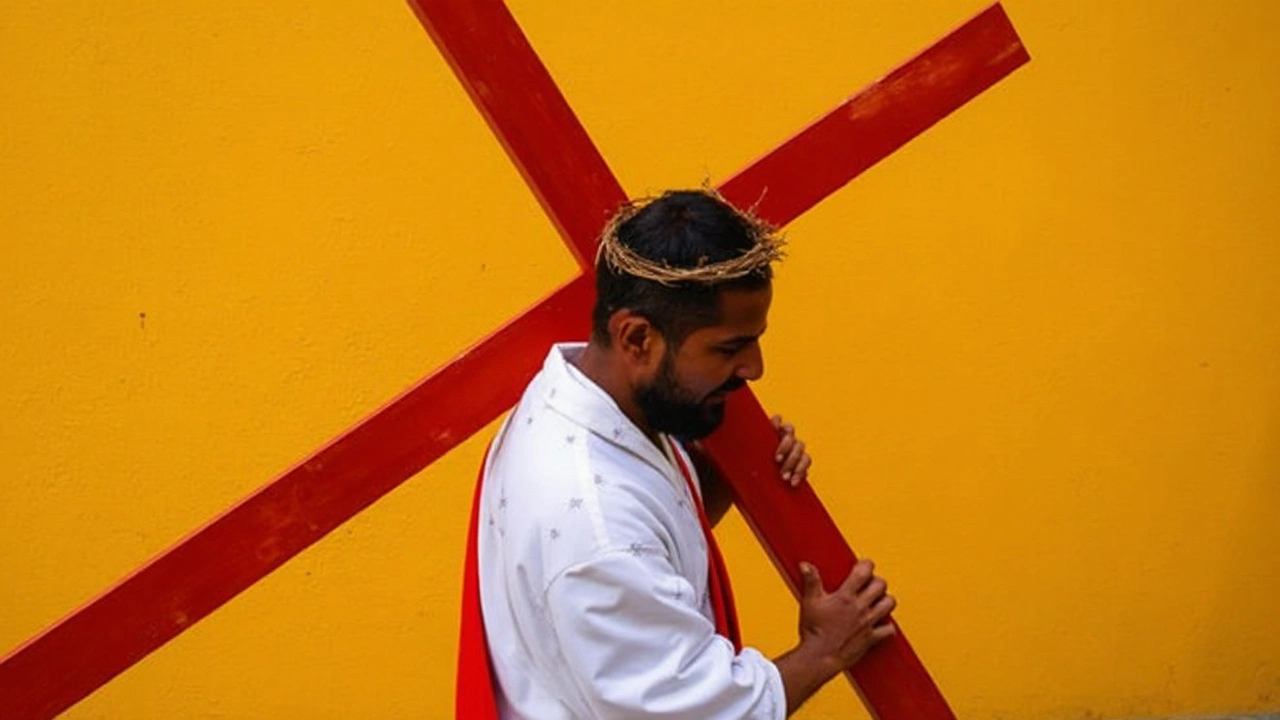Easter in Africa: dates, traditions and practical tips
Easter means different things to different people, but it usually equals big church services, family meals, and time off. If you’re planning for Easter — whether you travel, attend a sunrise service, or cook for family — here’s straight talk on what to expect and what to do.
Across Africa you’ll see common threads: long Holy Week services in many Christian communities, special foods, and local customs that vary by region. In Ethiopia and Eritrea, Orthodox Christians celebrate Fasika with a big feast after a long fast. In South Africa many families hold braais and church gatherings. West African homes often cook large plates of jollof or stews for visiting relatives. These are examples, not rules — check what people do where you live.
How Easter dates work (so you don’t miss it)
Easter isn’t a fixed date. The Western churches use the Gregorian calendar: Easter falls on the first Sunday after the first full moon following the March equinox. Orthodox churches often follow the Julian calendar, so their Easter can be one or more weeks later. That’s why you might see different Easter Sundays in the same country.
Want the exact date? Look up your local church calendar or government holiday list a few months ahead. Schools and public offices usually publish holiday dates early — and travel and event tickets sell fast around those days.
Practical tips for celebrating and staying safe
Book travel and accommodation early. Roads, buses and flights fill up quickly. If you plan to visit family in another town, buy tickets at least a few weeks ahead.
Expect closures. Banks, government offices and many businesses may close for Good Friday and Easter Monday. Have cash handy for small shops or markets, but use ATMs in daylight and near busy areas.
Plan around church times and processions. If you’re driving, expect congested routes near major churches. For sunrise services, bring a jacket — mornings can be chilly in some places. If you attend a service, respect dress codes and local practices.
Food and cooking: If you’re hosting, pick dishes that travel and reheat well. Roast meats, stews, and rice dishes are crowd-pleasers. In places where fasting ends at Easter, people often cook richer meals after a long period without meat.
Volunteer or help locally. Many communities run charity drives, soup kitchens, or church outreach during Holy Week. A few hours of help can make a big difference and is a good way to connect.
Keep safety simple: travel in groups at night, keep valuables out of sight, and follow local health advice for crowded events. If you have special needs or mobility issues, contact venues ahead to ask about seating or access.
Easter is a good time to slow down, share a meal, and join local traditions. Check local calendars, plan travel early, respect customs, and enjoy the time with family and community.
